At the time this blog was published, the coronavirus had taken more than 500 lives across the globe and infected more than 28,000 people across 25 countries. While these numbers are alarming, hope is on the horizon – and America’s biopharmaceutical industry is leading the charge.
In a discussion about the outbreak and response efforts during this global health emergency, Phyllis Arthur, BIO’s Vice President of Infectious Disease and Diagnostics Policy, joined Dr. Julie Gerberding, Executive Vice President and Chief Patient Officer at Merck for a live-in-studio podcast.
Dr. Gerberding was director of the Centers for Disease Control and Prevention (CDC) from 2002 to 2009 and led the United States’ response to SARS – a viral respiratory illness that sickened more than 8,000 people worldwide. She compared the two outbreaks and highlighted the importance of preparedness.
“I think of preparedness as a process, not as an outcome. And I think when you look back over the last 20 years or so in the US we have seen significant advances in certain elements of our preparedness. But each time we get one of these new outbreaks, we get tested in new and different ways.”
Phyllis Arthur echoed Dr. Gerberding’s comments and underscored the importance of having public-private partnerships in place and ready to fight against a surprise novel virus – if and when needed.
“I think it's really important for the government to build systems that allow them to quickly reach out to industry, have a clear way that companies can say, I'd like to test this molecule and see if it's effective against this virus. … It's often very hard and very clunky as a process to engage the entire private sector in response. And you need to have those bridges all built and those systems in place before you're in the middle of the emergency.”
When asked about how a company like Merck is approaching a situation like the coronavirus outbreak from a scientific perspective, Dr. Gerberding noted that the first thing is to “look at our existing assets.”
“What kind of antivirals do we have on the shelf? What compounds do we have in the storage room that might be useful in a situation like this? … [I]s there anything we can do to repurpose either that compound or that capability into something useful in the emergency situation? Right now, at Merck, people are assembling and thinking about how they can screen our antiviral compounds for the new coronavirus.”
Another common theme that Phyllis Arthur and Dr. Gerberding emphasized was the importance of trust when communicating on such issues of policy and public health.
Arthur noted that it is really important “to actually tell people this is what we know thus far and no further.” As Dr. Gerberding added, “Trust is everything.”
To listen to the full podcast, click here.




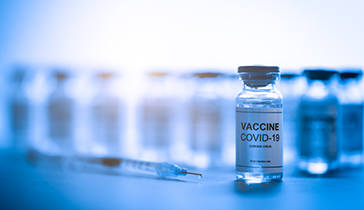
.jpeg?itok=ByJuBfy-)

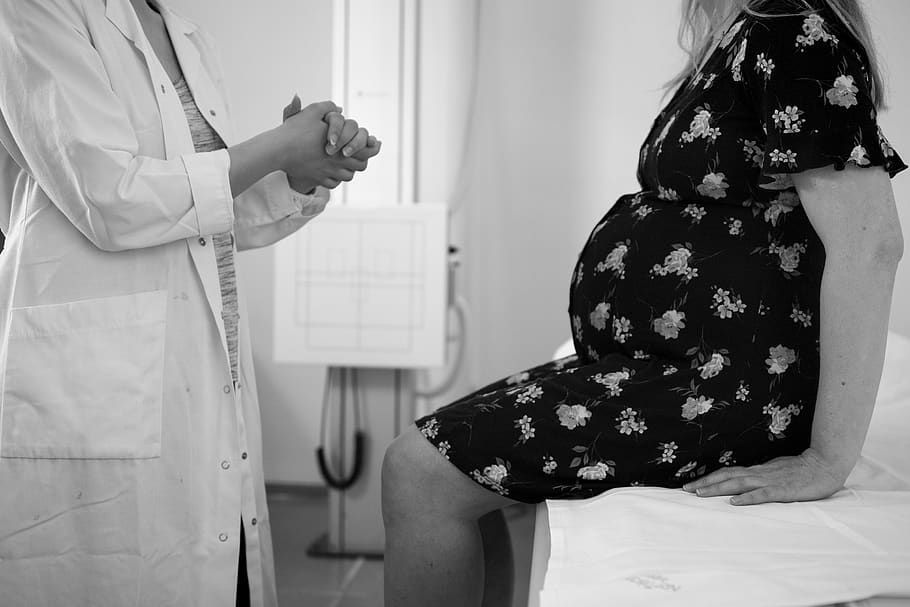
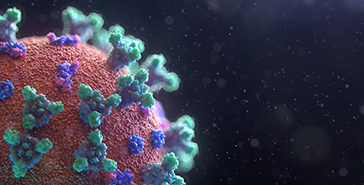
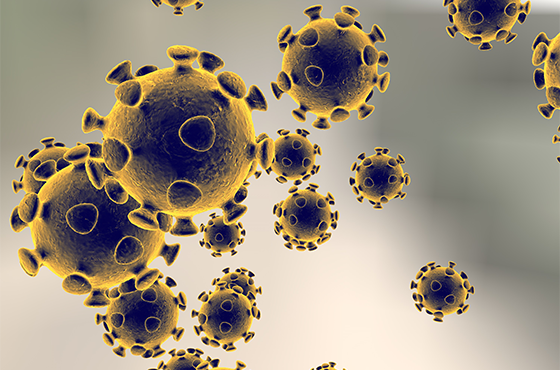
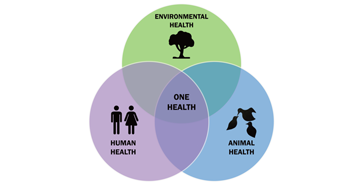









.png)


